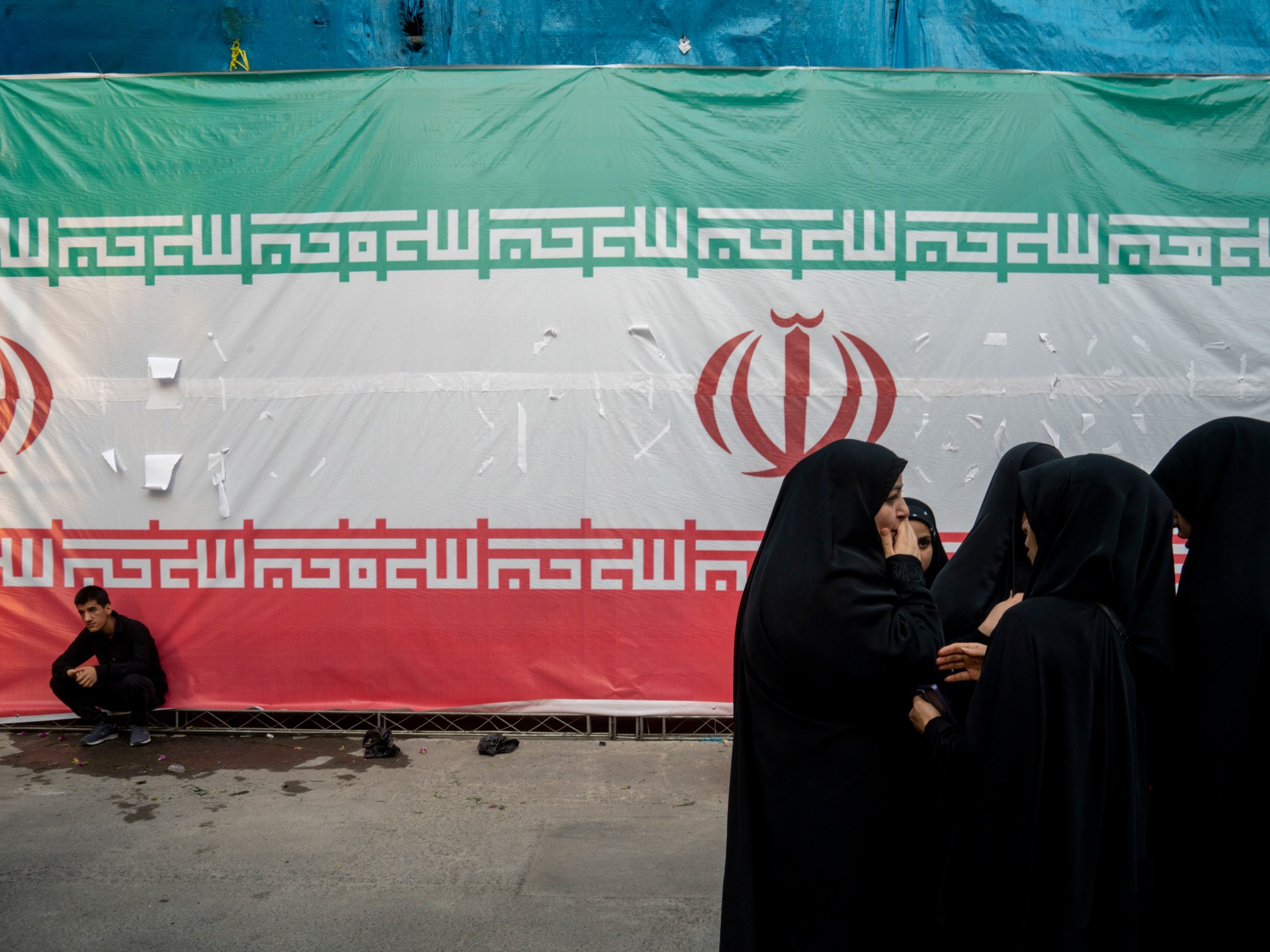I may starve to death before I am able to graduate in Gaza | Israel-Palestine conflict
On July 27, the Palestinian Ministry of Education released the results of the secondary education certificate exams, also known as tawjihi. Like every year, families sat together, eyes fixed on phone screens, hearts pounding, everyone hoping to be the first to access the ministry’s website and break the news with a jubilant shout. There were joyful tears and celebrations.
Thousands of students, who had endured months of pressure, sleepless nights and fragile hope, had the exam results in their hands that would determine whether and where they could continue their education.
But thousands of others – those in Gaza – were sitting in their tents and ruined homes in despair. I am one of them. This is the second year I, along with 31,000 other Palestinians born in 2006, was unable to take the tawjihi. For another year, we have been stripped of our right to continue our education and of the hope to build a future beyond the ruins. Now, we are joined by almost 40,000 students born in 2007, who are also stuck in this dreadful limbo.
Last year, when the tawjihi results were announced, I was huddled in front of a crackling fire near a tattered tent, far too small to hold my big dreams. The deep frustration I felt didn’t fade – it settled in my mind and stayed. All I could think about was how all my sacrifices, tears, and relentless effort during a full year of studying under difficult circumstances had been for nothing.
This year, it feels even worse. Not only are my dreams of education crushed, now I struggle to keep myself and my family alive, as Gaza is starving to death.
In these two years, I have watched our education system destroyed, classroom by classroom. My school, Shohada al-Nusierat, once a place of learning and dreams, first became a shelter housing displaced families and then a target for Israeli bombing. My schoolbag – once filled with notebooks and study materials – now carries essential documents and a change of clothes, always packed and ready in case we are forced to flee our home again. The academic calendar, with all its important dates, has been replaced by a grim schedule of air strikes, displacement, and loss of friends and loved ones.
Amid this devastation, the Education Ministry has struggled to keep an educational process going. Wanting to give Gaza’s children and youth hope, it has undertaken various initiatives to try to keep students motivated. Makeshift schools have been organised wherever possible, while some university students have been able to continue their education online.
For us, the tawjihi students, efforts were repeatedly made to set up our exams. Last year, the ministry announced it would conduct the exams in February. I kept studying, despite the harsh reality and the collapse of everything around me, believing this was my chance to move forward.
February passed, and nothing happened. The ministry then announced that the exams would be held in April. But once again, they were postponed due to the unsafe conditions. Then, in June, the ministry scheduled an online exam for July for students born in 2005 who had either failed their tawjihi or missed some of its exams; they were supposed to have done this exam in December 2023. Some 1,500 students were able to take the tests online.
This gave me a bit of hope that my turn would also come, but that quickly faded. The Ministry of Education hasn’t given us any updates on the process, and it feels like we’ve been completely forgotten in the shadow of war and starvation.
Some readers may ask themselves, why amid a genocide are Palestinians so preoccupied with an exam?
You have to understand, tawjihi is a milestone in every Palestinian’s life – a decisive moment that shapes future paths for at least the next five years. It determines whether we can pursue our education in the field we desire and gain admission to top universities.
But beyond academics, tawjihi carries a much deeper cultural and emotional weight. It is not just an educational phase – it is part of our identity, a symbol of perseverance. In a place where the occupation closes nearly every door, education is able to keep a few doors still open.
That’s why we celebrate it like a national holiday; the day tawjihi results are released feels like a third Eid for Palestinians. It gives families hope, brings pride to entire neighbourhoods, and keeps alive the dream of a better future.
Over the many months I waited for the tawjihi, I held on to my dream to study medicine at a prestigious university abroad. I kept applying for scholarships and sending emails to universities across the United States, the United Kingdom and Europe, hoping for special consideration as a student affected by war. I pleaded with university administrators to waive the tawjihi certificate requirement.
But the responses were painfully consistent: “Unfortunately, we cannot consider your application unless you provide your final diploma.”
Today, despair and helplessness are not the only unwanted visitors I have. Hunger is another one. The starvation has destroyed not only my body but also my mental health.
Most days, we manage to have one meal. We survive mostly on canned beans, dry bread, or rice without any vegetables or protein. Our bodies are weak, our faces pale, and our energy almost nonexistent. The effects go beyond the physical. Hunger fogs the brain, dulls memory and crushes motivation. It becomes nearly impossible to focus, let alone study for a life-changing exam like the tawjihi. How can I prepare for the most important exam of my life when my stomach is empty and my mind clouded by fatigue and worry?
It feels as though my youth has been stolen before my eyes, and I can do nothing but watch. While my peers around the world are building their futures, I remain stuck in a place of overwhelming pain and loss.
As a tawjihi student trapped in a warzone, I urgently call on educational authorities and international institutions to step in and implement immediate solutions to ensure our right to education is not buried under the rubble of war.
We are not asking for much. Giving us a chance to finish our secondary education in Gaza is not just a matter of logistics, but a matter of justice and future survival.
The views expressed in this article are the author’s own and do not necessarily reflect Al Jazeera’s editorial stance.
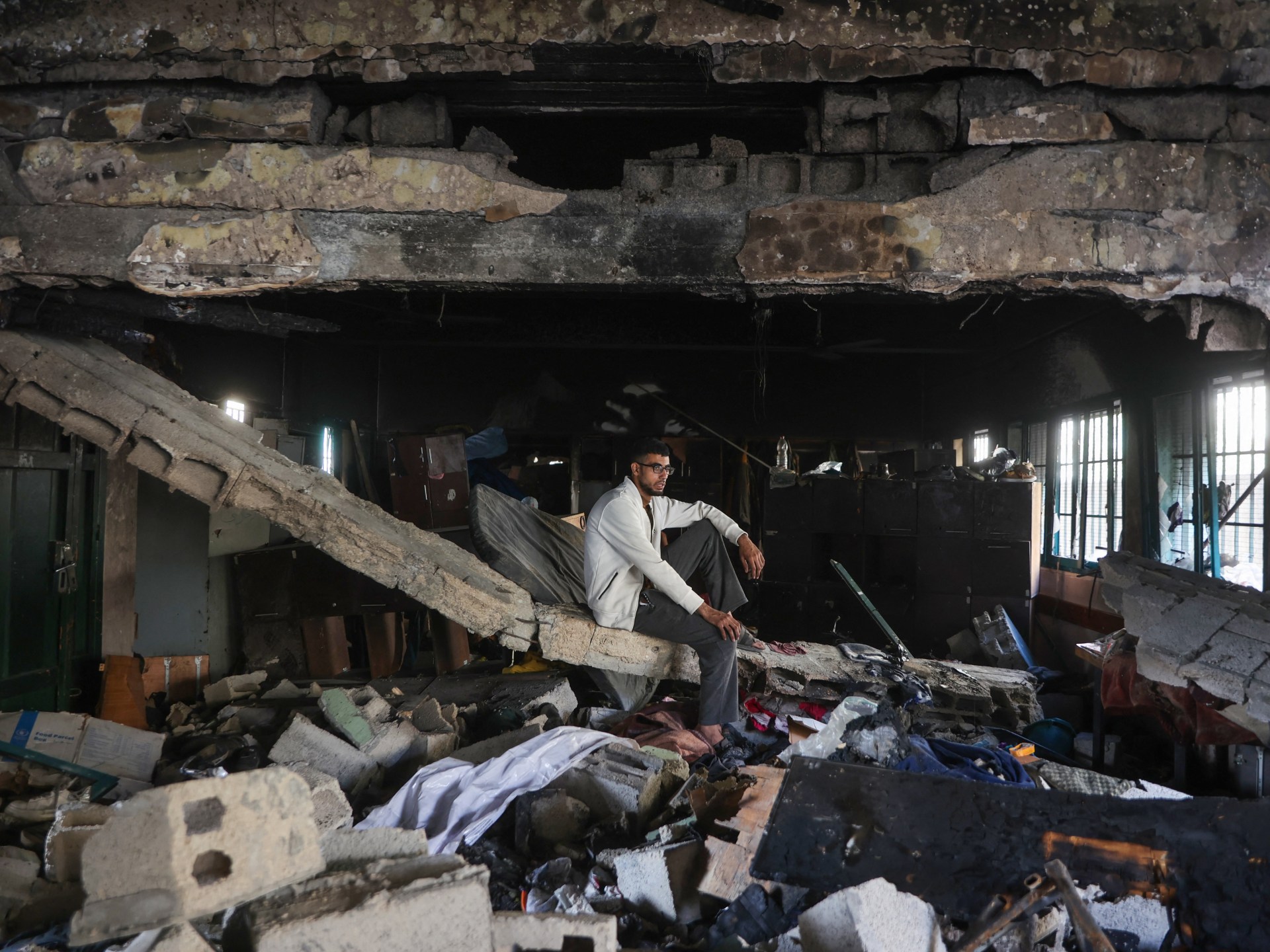
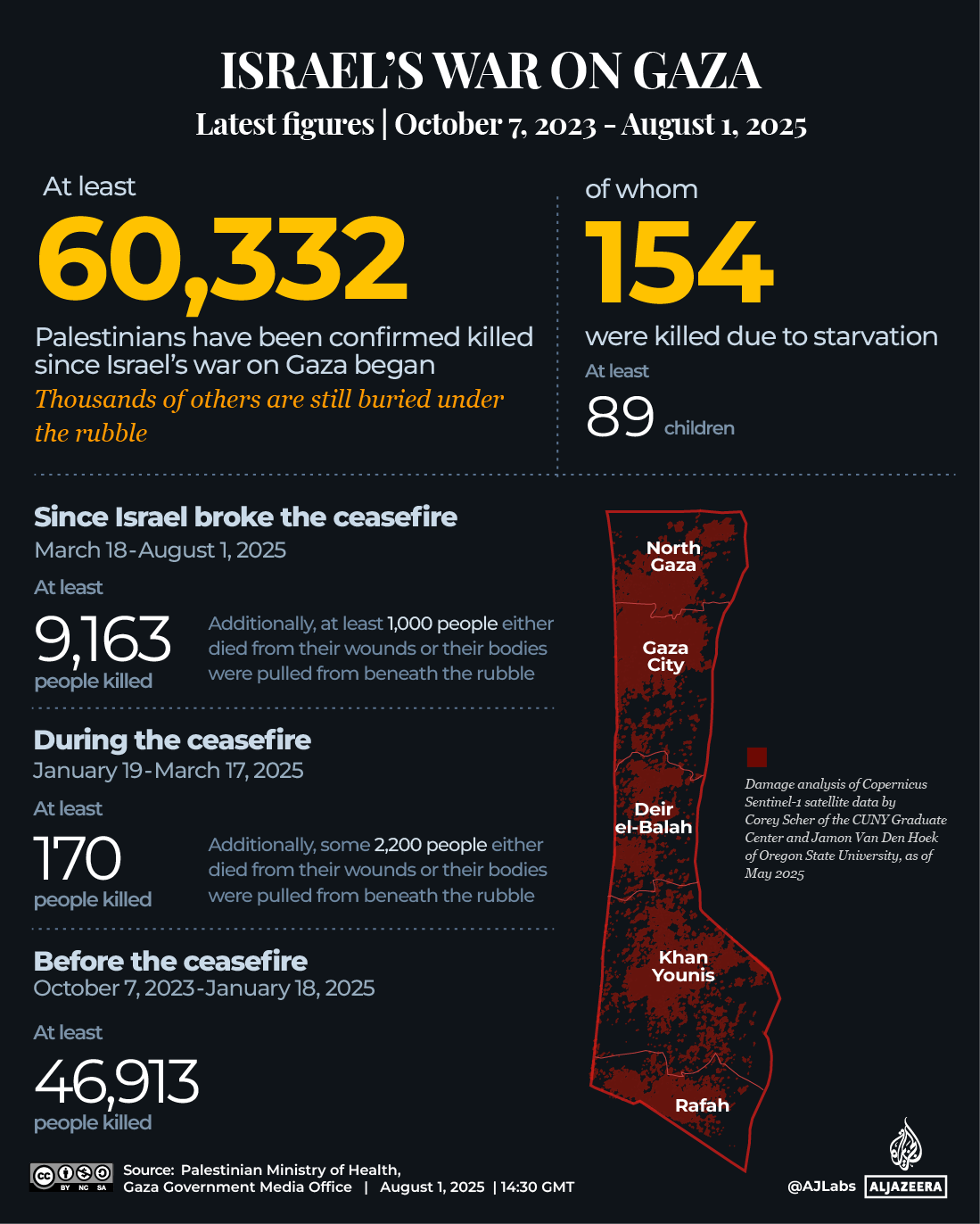
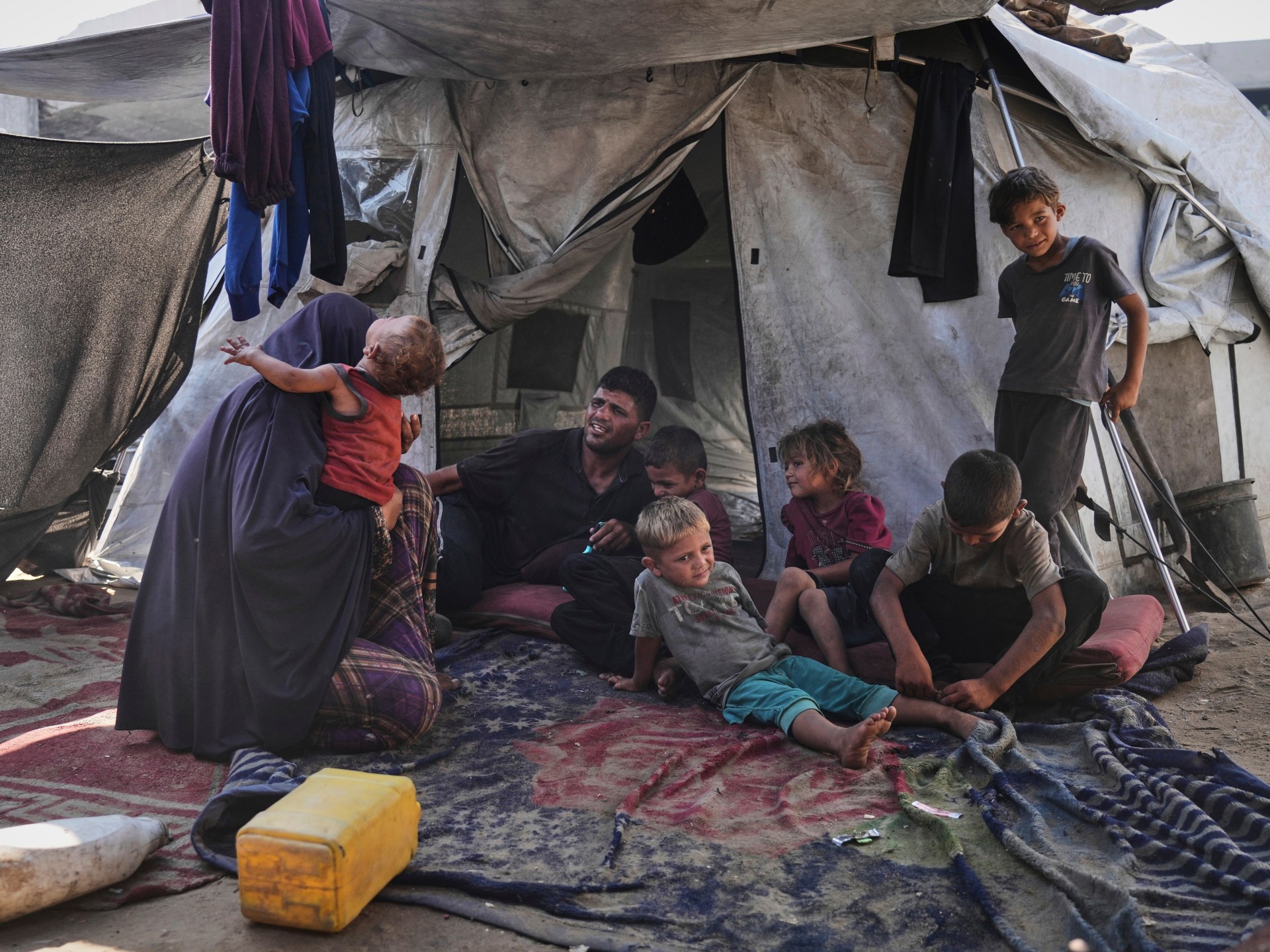
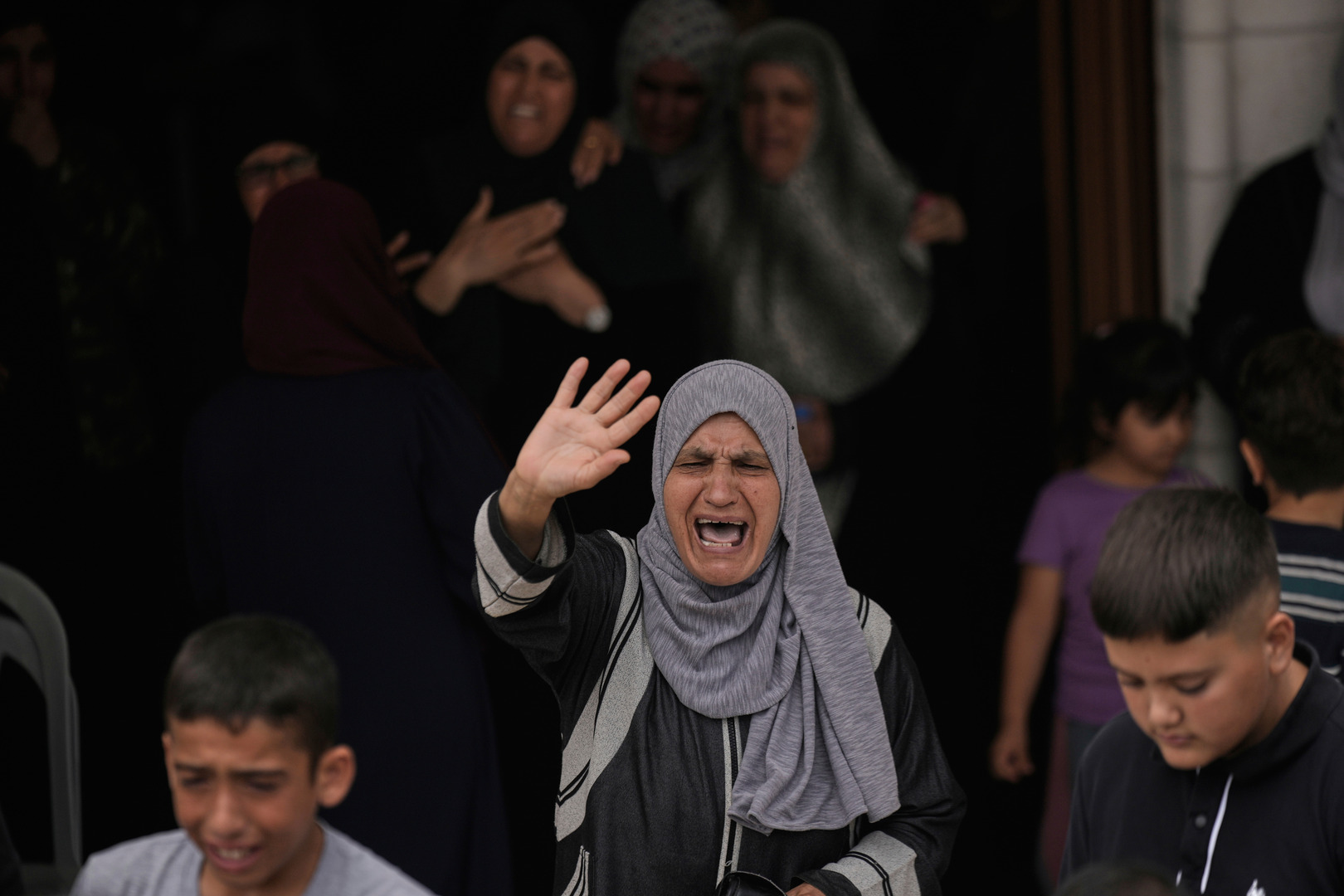
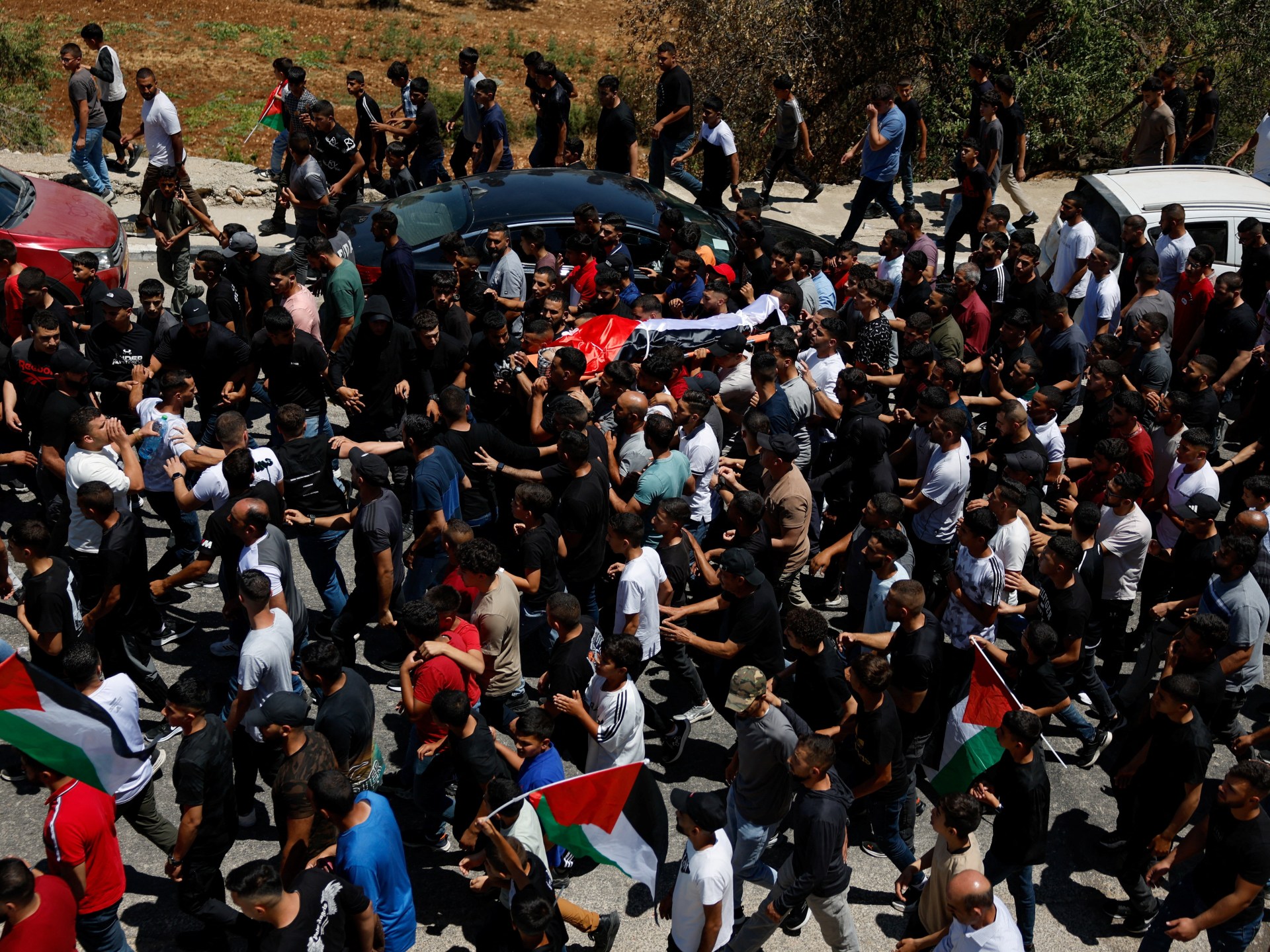
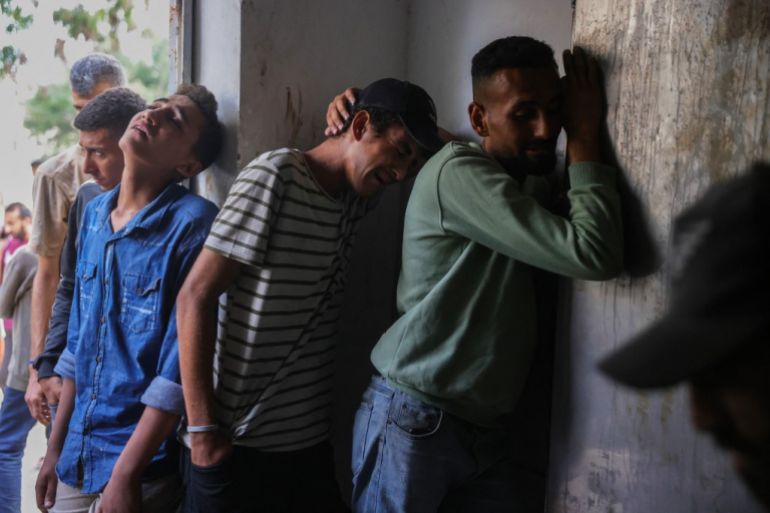
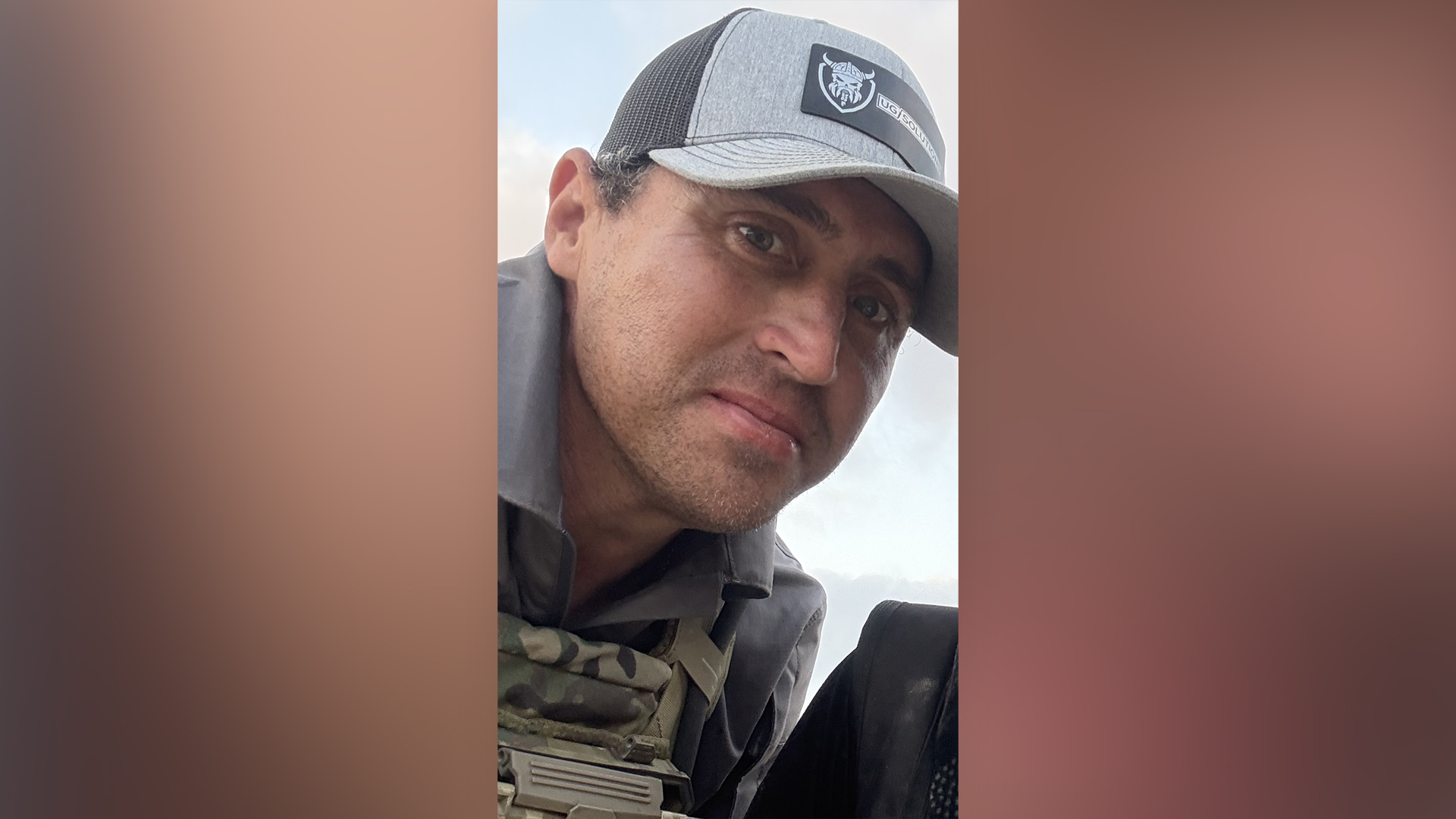
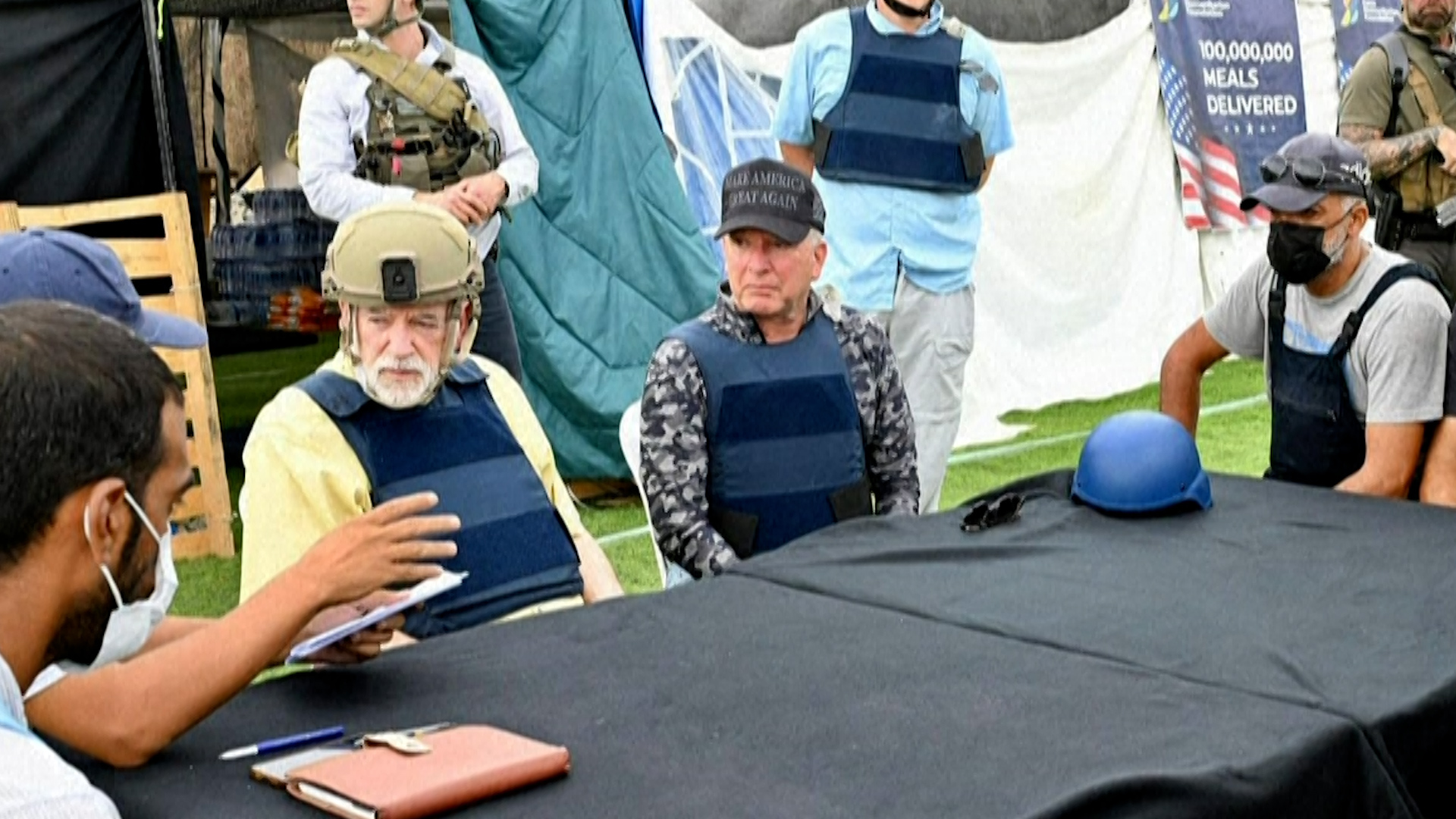
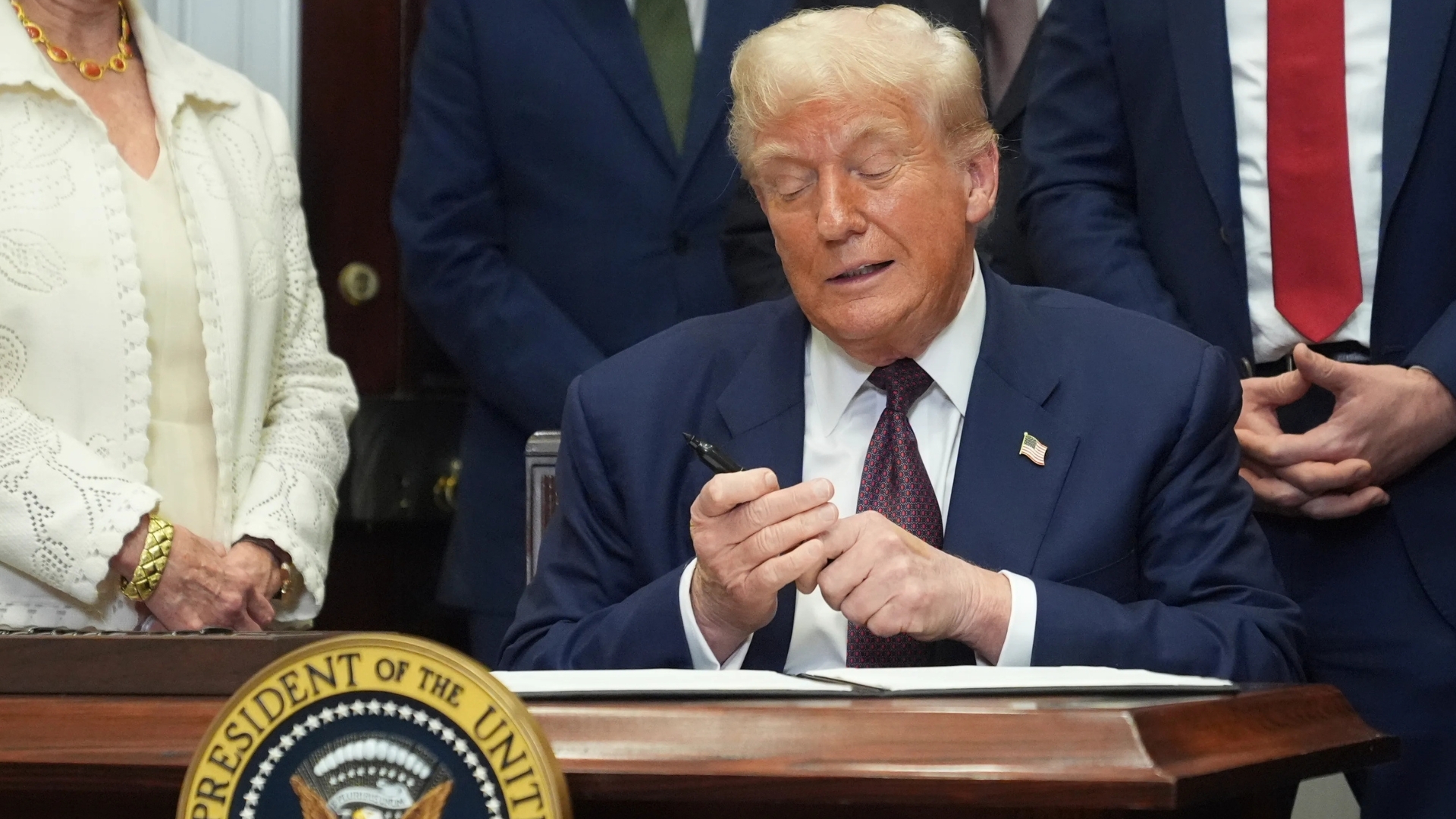
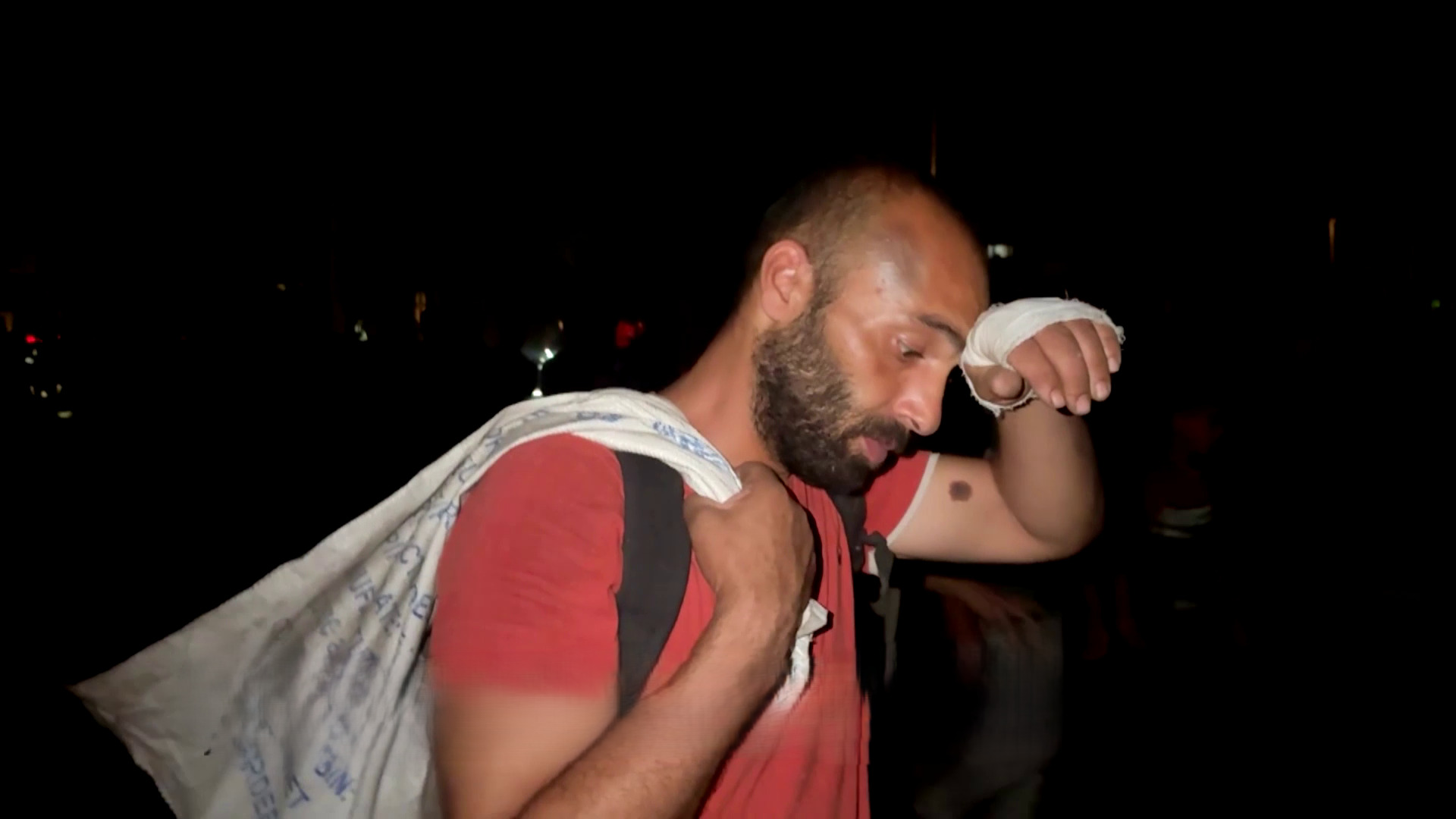

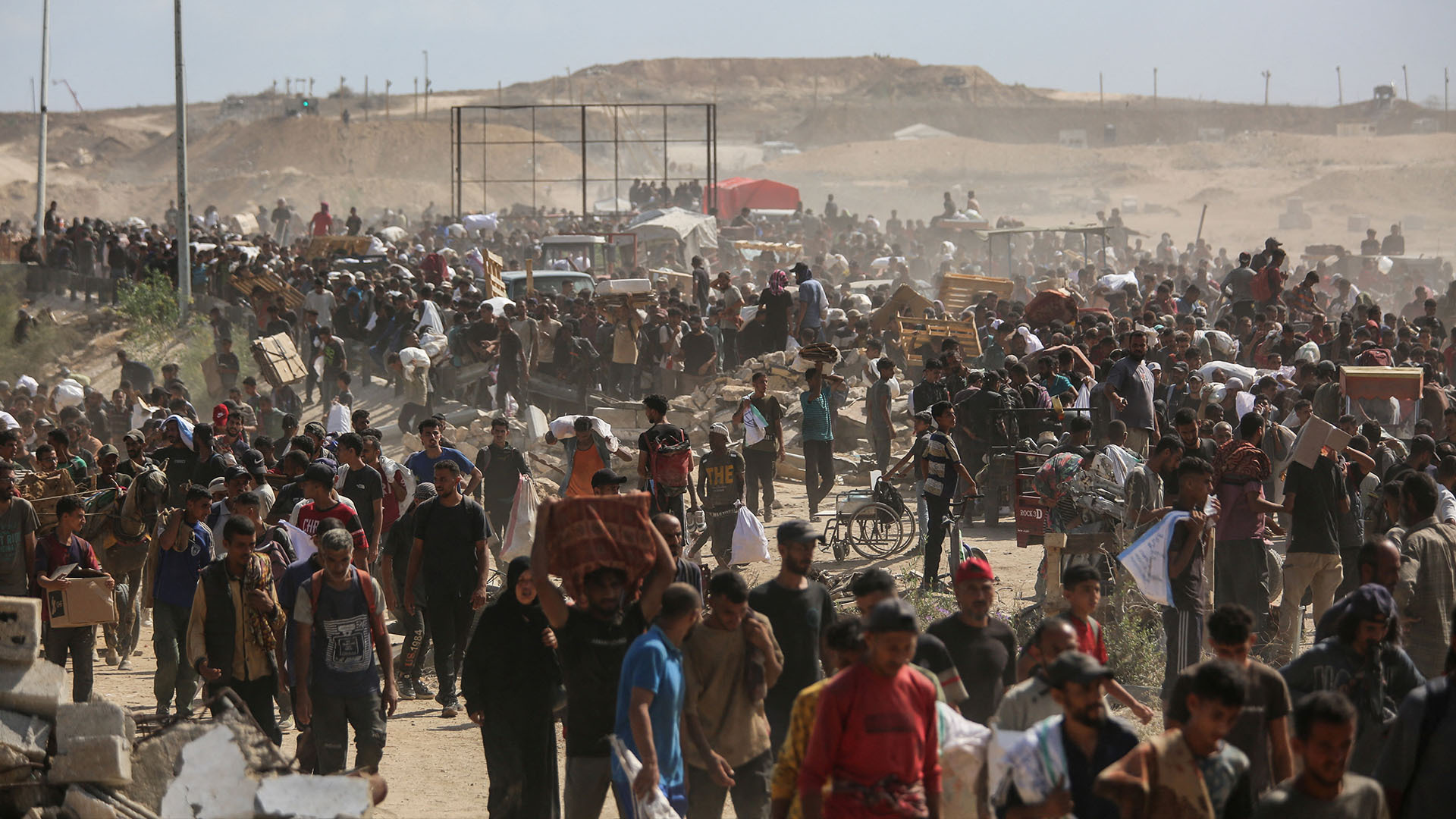

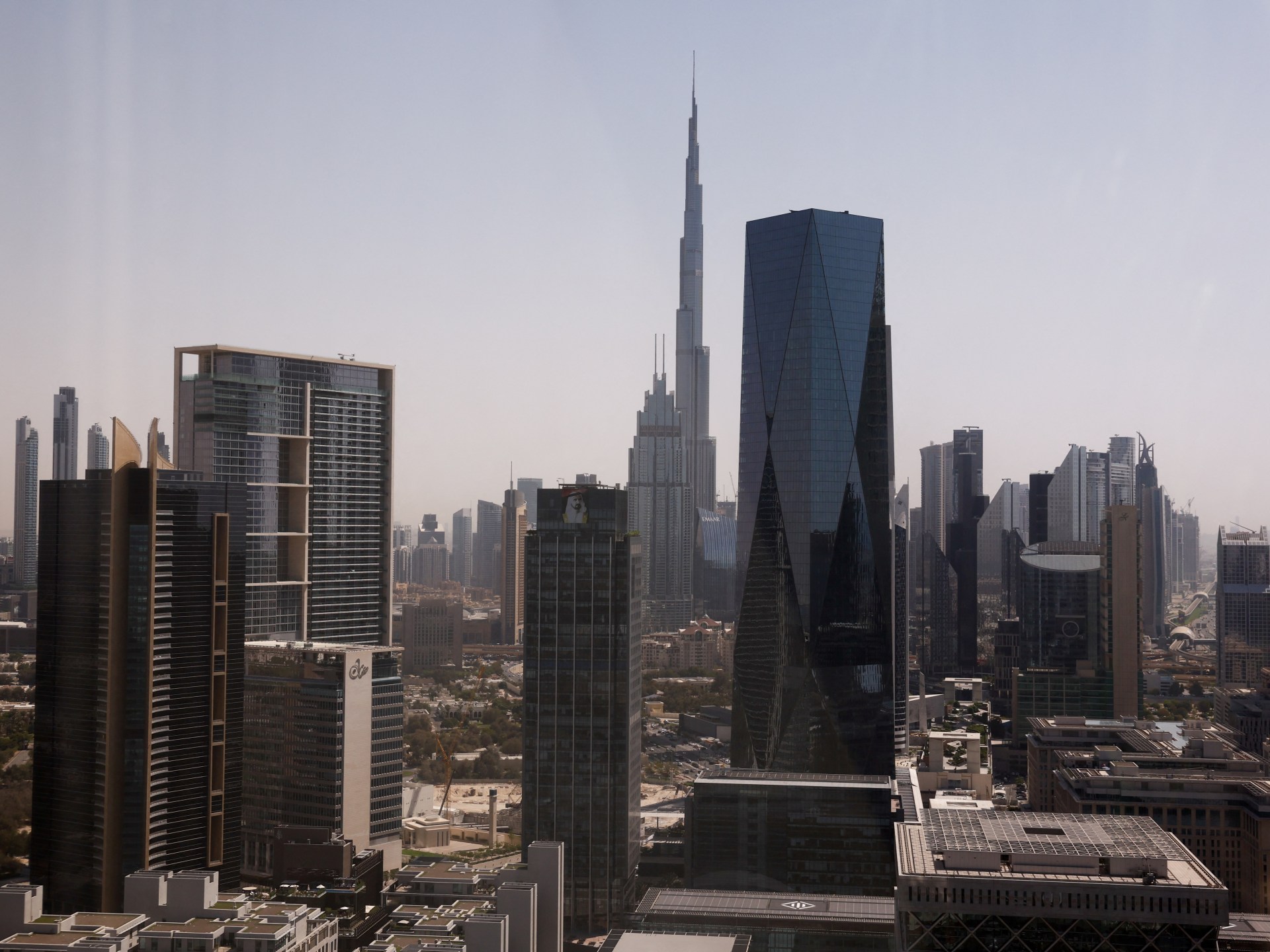
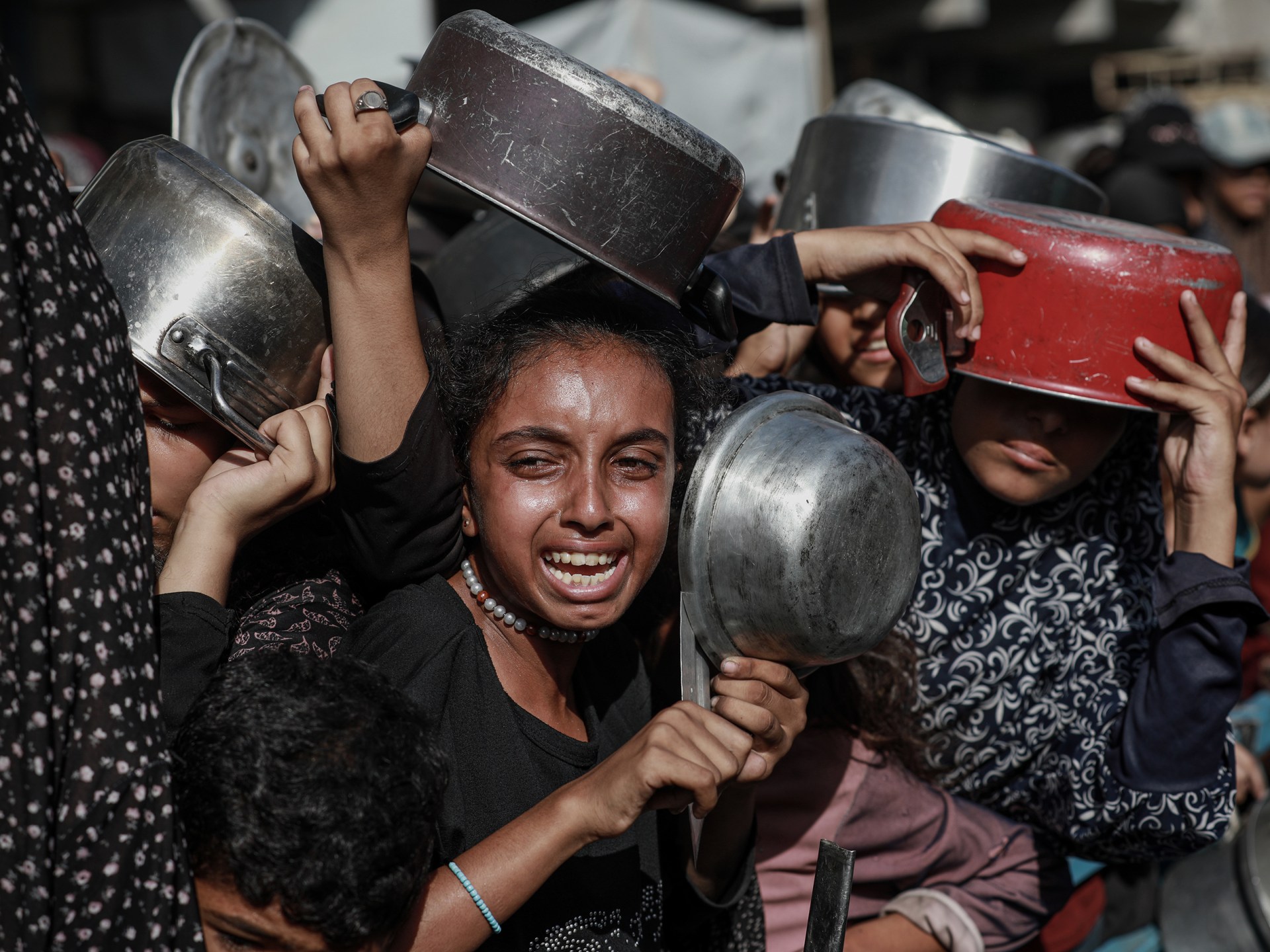
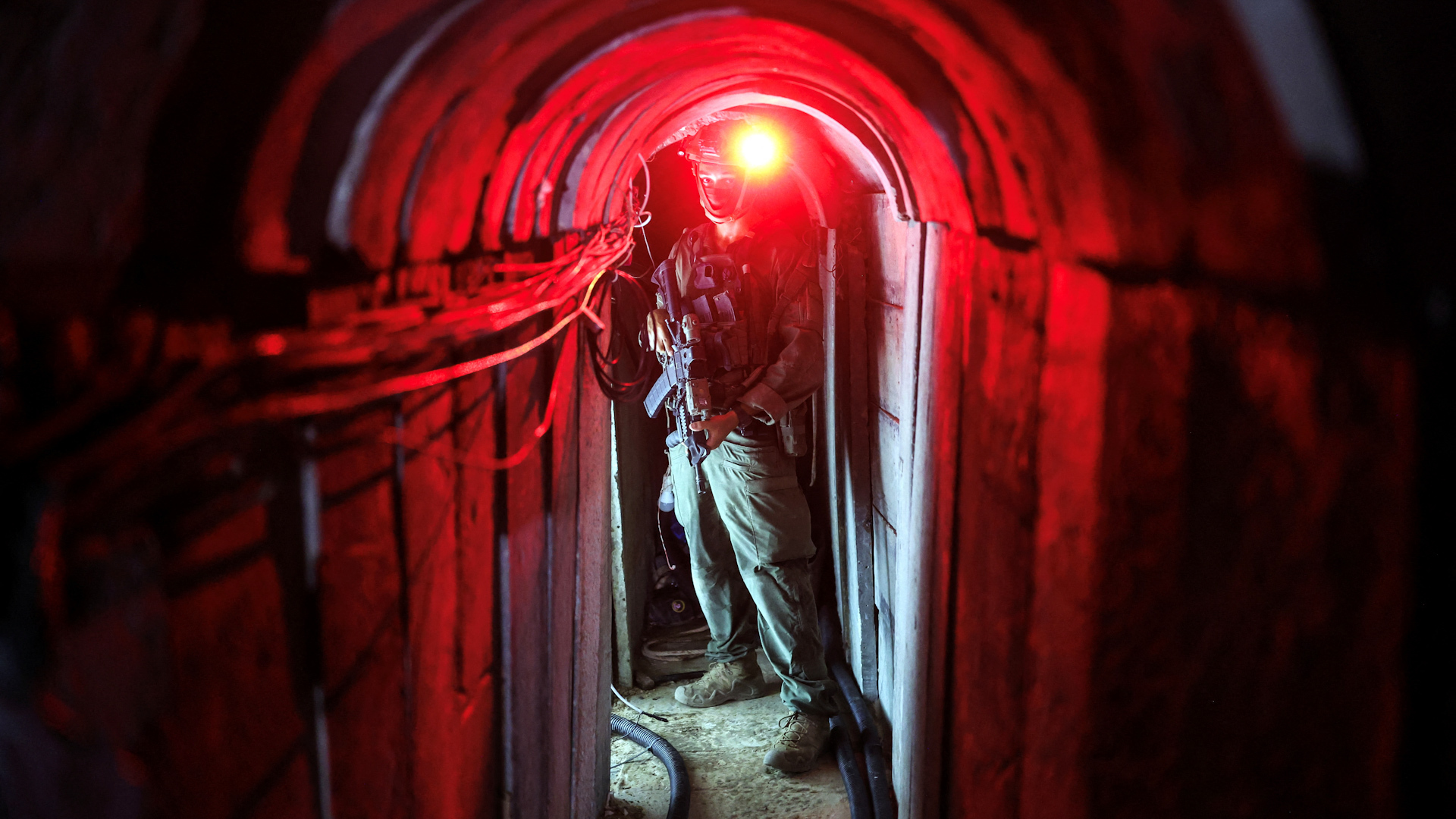
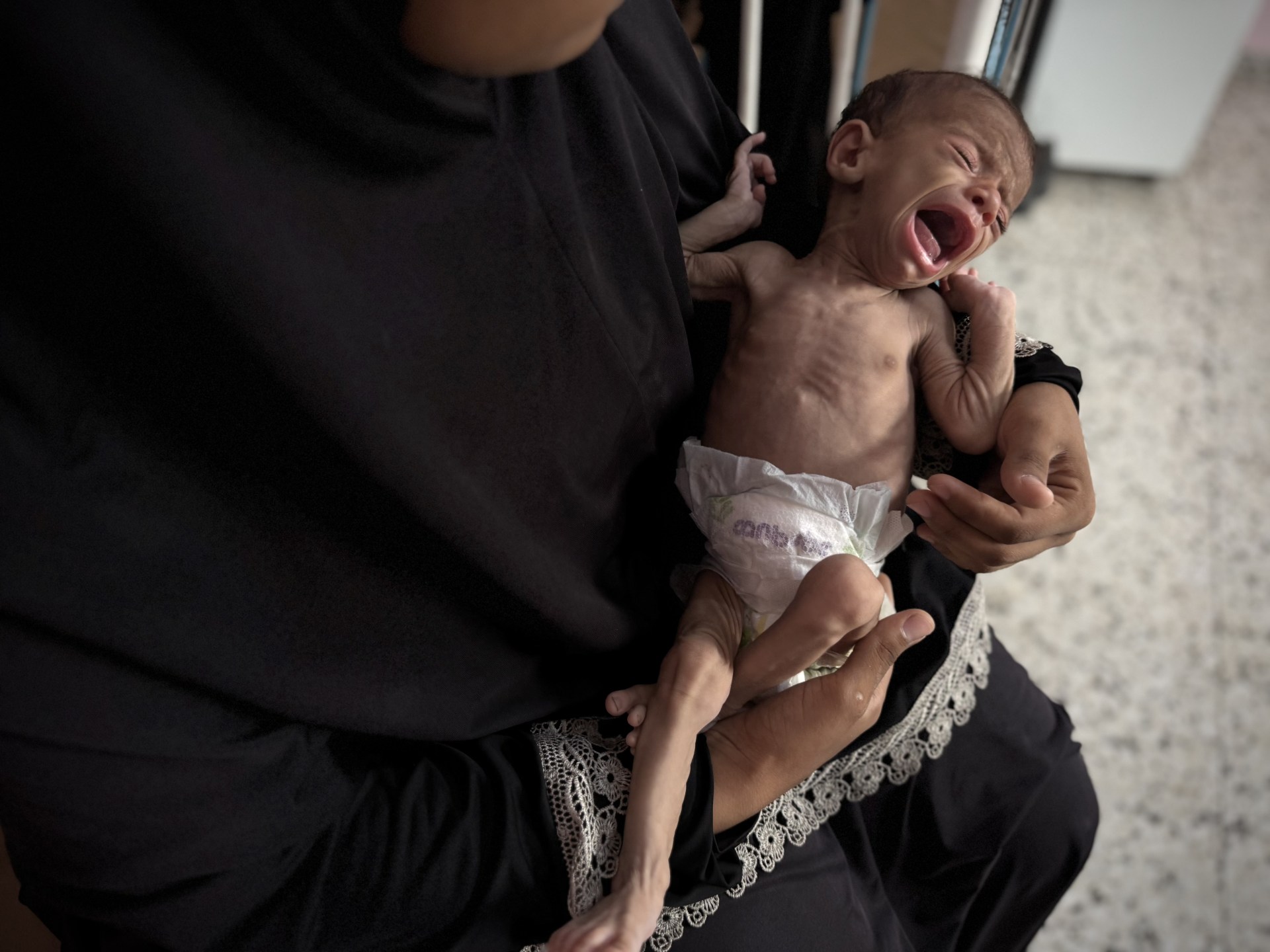

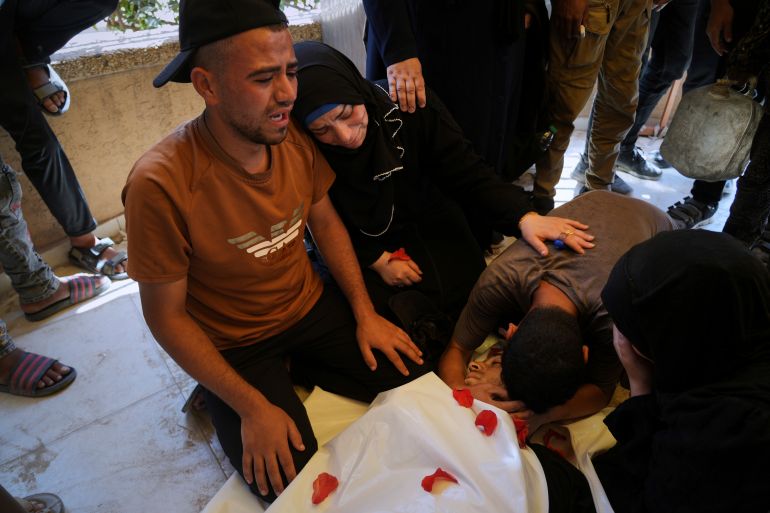
![Palestinians mourn over the body of Ahmed Abu Hilal, who was killed while on his way to an aid hub in Gaza, during his funeral at Nasser Hospital in Khan Younis, in the southern Gaza Strip, on Sunday, June 8, 2025. [Abdel Kareem Hana/AP]](https://www.occasionaldigest.com/wp-content/uploads/2025/06/AP25159513055391-1749393552.jpg)
